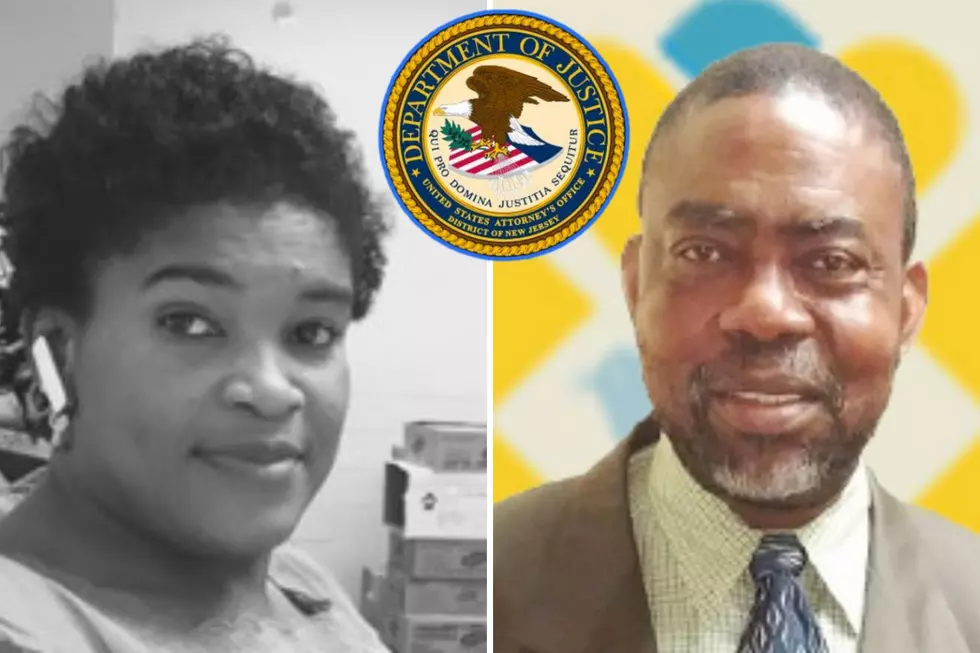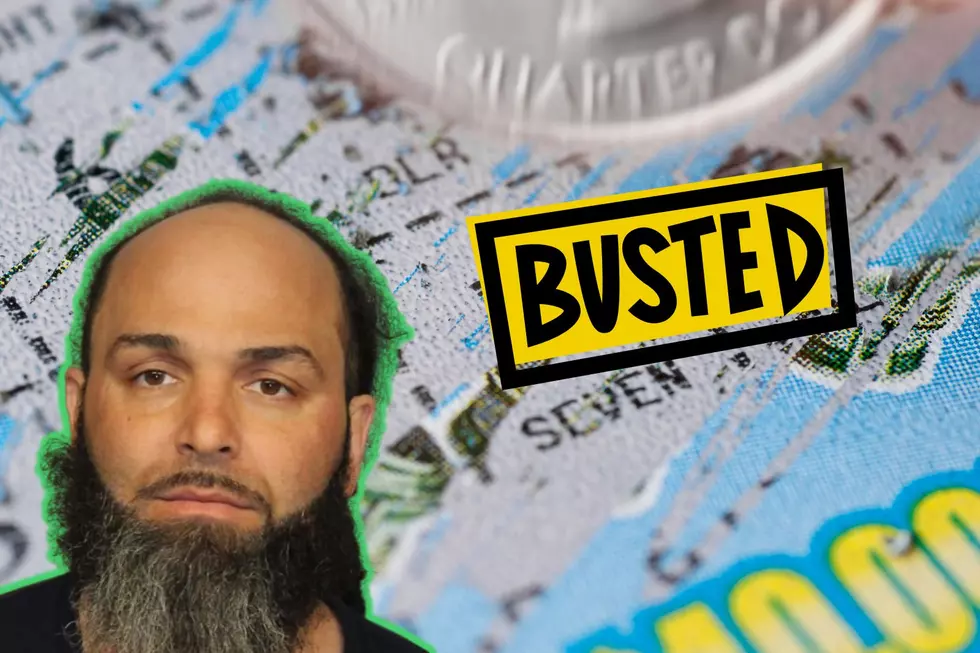
NJ Lawmaker: Something Must Be Done About Our Drug Epidemic
New Jersey lawmakers are mulling legislative options that could help crack down on the state's prescription drug abuse epidemic.
The State Senate Health Committee exhaustively discussed the issue at a recent public hearing and the statistics that are being cited are extremely alarming.
"According to the CDC (Center for Disease Control more than 40 people die each day in the United States from prescription pain relievers such as Vicodin, methadone and Oxycontin," says Sen. Joe Vitale who chairs the committee. "That's 1,200 people a month who die. That's around four plane loads of passengers on jumbo jets that would crash every month. Certainly if this were about jumbo jets we would be having not just a discussion here, we'd be having a national discussion on safety and prevention."
To deal with the growing prescription drug and heroin abuse problem in New Jersey, the committee heard from experts in the field of substance abuse and addiction about the state's efforts to promote prevention, treatment, and recovery from opioid addiction.
The experts feel education and the raising of public awareness are paramount in getting on a grip on the issue that is impacting kids and adults alike. Vitale says prevention is the clearly the key.
"In New Jersey only three cents of every dollar you spend on this problem goes to prevention and treatment," says Dr. Susan Foster, vice president at Columbia University's National Center on Substance Abuse and Addiction. "Ninety-seven cents goes to shovel up after the fact in our prisons, our jails, our health programs (and) our schools."
According to Foster the state can't afford to focus only on opiods or any one particular type of drug unless addiction and risky use is also examined. The issue must be addressed comprehensively because not doing so creates yet another problem.
"We will continue to have what is characterized American drug policy to date," explains Foster. "That is a costly game of 'whack-a-mole' where we focus on reducing use in one area only to see it emerge in another…..As has been done for other health conditions such as depression and HIV/AIDS you can implement a public health campaign to educate the New Jersey public."
More From New Jersey 101.5 FM









